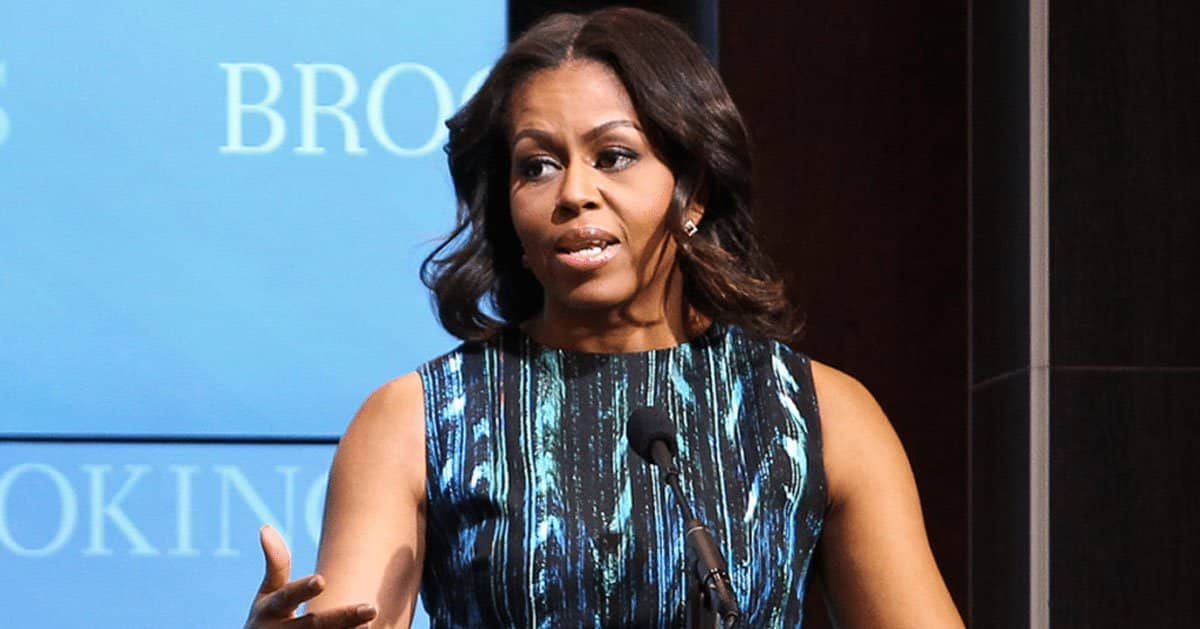







President Donald Trump visited a new Boeing aircraft on Saturday, drawing attention to Boeing’s delays in delivering the new Air Force One planes. These new presidential aircraft were initially scheduled for completion in 2024 and 2025, yet they are now projected to be delivered in 2027 and 2028.
Breitbart reported that Trump assessed the plane’s latest hardware and technological features. The visit highlighted ongoing delays, as outlined in a 2018 contract that aimed to replace the aging Air Force One planes currently in service. These delays follow the initially planned timeline agreed upon years ago.
Boeing has faced criticism for not meeting the agreed timeline set in the $4 billion contract negotiated by Trump during his earlier presidential term.
The original agreement intended for the prompt delivery of two new planes. However, construction setbacks have pushed the new delivery dates three years beyond initial targets.
The aircraft currently serving as Air Force One has been in operation for over three decades. The significant age of these aircraft underscores the importance of timely replacements to maintain security and functionality for presidential transport.
Trump engaged with Boeing's progress to address these delays and maintain focus on the agreement made under his administration. This builds on his efforts to ensure cost efficiency, having reduced the contract cost from the initially proposed $5.7 billion to $4 billion.
In discussions about the project, Trump described being “not happy” with the pace at which Boeing is progressing with the planes.
He indicated dissatisfaction with Boeing’s desire for more financial resources to fulfill the contract. The former president emphasized the commitment to a “very strong contract” designed to avoid cost overruns.
Trump also noted that the aircraft supplier struggled with the contractual model, which deviates from the more common time and material contracts typically preferred in such contexts. This structure, he suggested, contributed to Boeing's challenges in managing project costs effectively.
According to Trump, time and material contracts often lead to expenses that exceed original estimates, and he advocated for a more enforced commitment to guaranteed pricing in government projects.
Trump's approach demonstrates an effort to ensure fiscal discipline and accountability in major government expenditures. The strategy involves setting strict financial limits that contractors must adhere to, theoretically preventing excessive overspending.
He commented on the broader implications of similar contracting strategies, suggesting potential benefits for deficit reduction and taxpayer relief on a wider scale. “If people would care,” he said, focusing on the possibilities of reducing taxes and improving national financial management.
With this perspective, Trump has highlighted how strict adherence to financial agreements could reshape government contracting paradigms.
The setback in delivering new Air Force One planes has prompted discussions on the future oversight and management of such significant contracts.
This case may serve as a pivotal point for how government agencies negotiate and enforce contract terms.
The focus will likely remain on Boeing’s progress in meeting the newly revised timelines and delivering a product that fulfills the strict requirements laid out in the 2018 agreement. The upcoming years will reveal how these efforts at managing timelines and costs unfold.
As developments continue, the relationship between the U.S. government and defense contractors like Boeing will remain under scrutiny, emphasizing accountability and fiscal responsibility in undertaking complex projects.



